Capital Allowance Benefits Explained

What is Capital Allowance for Cars?
When it comes to managing a business's finances, every bit of tax relief helps. One area where companies can make significant savings is through capital allowances, which are particularly relevant if you’re thinking about purchasing business assets, such as cars.
In this guide, we’ll break down capital allowances, how they work, and the tax benefits
they offer for businesses investing in vehicles – especially electric cars
. We’ll also take a closer look at Kia’s range of vehicles and the buying options available to help you enhance these financial advantages even further.
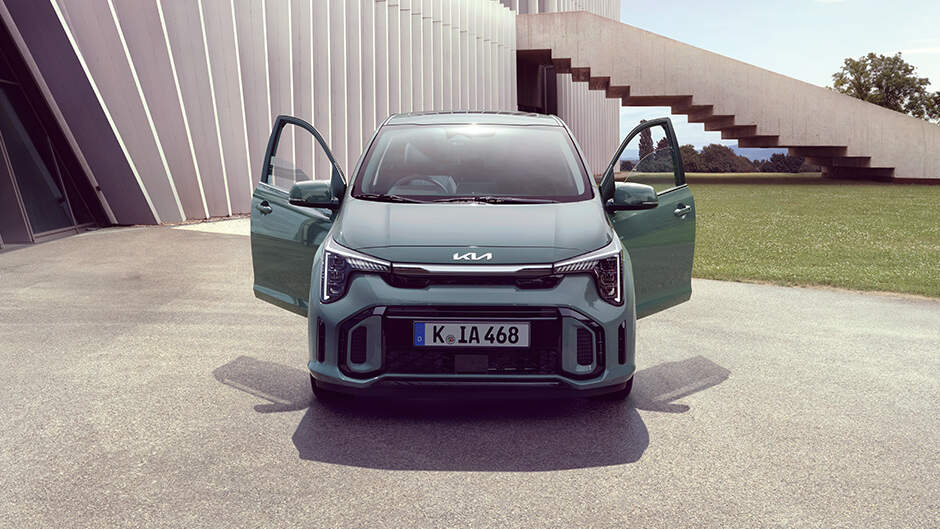
What are Capital Allowances?
Capital allowances are a form of tax relief that allows businesses to offset the cost of certain assets against their taxable profits.
So, when your business invests in long-term assets like machinery, equipment, or vehicles, you can claim a portion of this investment as a deduction from your profits and reduce your overall tax bill.
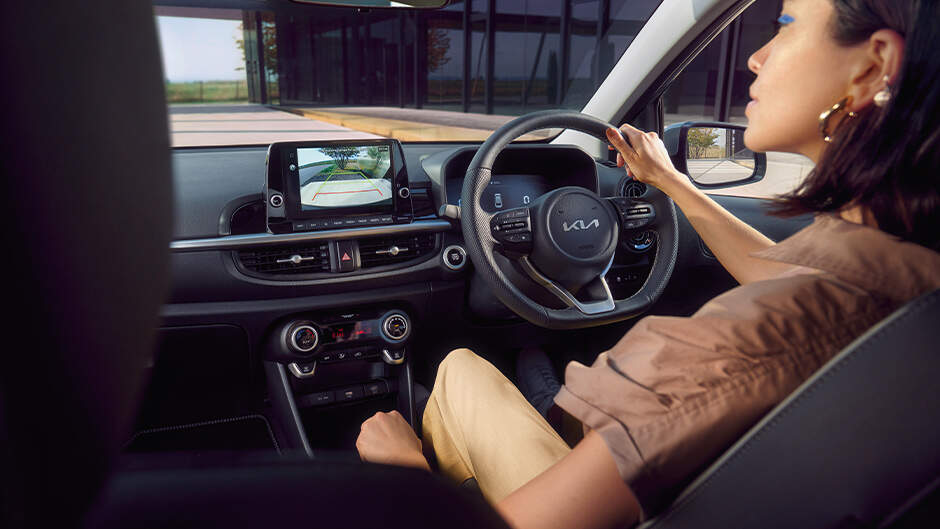
Capital Allowances on Cars and Electric Cars (EVs)
Capital allowances on cars are subject to specific rules based on their environmental impact. The UK Government has introduced enhanced capital allowances to encourage more businesses to purchase more eco-friendly vehicles.
With capital allowances on electric cars, businesses can claim up to 100% of the purchase cost in the first year under the First Year Allowances scheme (FYA). This means that the full cost of the vehicle can be deducted from taxable profits in the year of purchase. This provides immediate tax relief and offers a powerful incentive for businesses to invest in electric cars, not only to reduce their carbon footprint but also to improve their tax position.
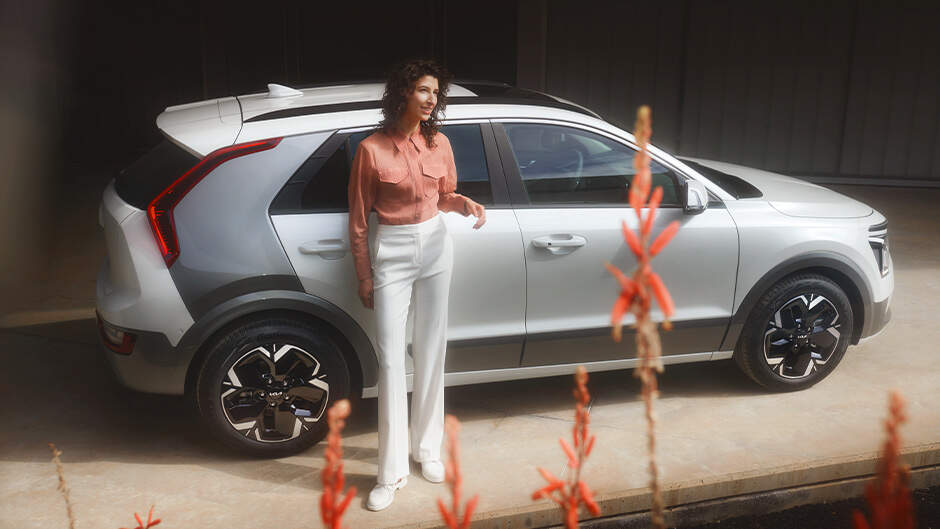
How to Calculate Capital Allowances for Vehicles
The amount of capital allowance you can claim on a vehicle depends on the type and its level of CO2 emissions. Cars are divided into categories, with each assigned different allowance rates:
• First-Year Allowances: If you buy a new or unused low-emission vehicle with zero CO2 emissions, you may be able to claim 100% of the cost in the first year. This is the most tax-efficient option and applies mainly to electric and (some) hybrid vehicles.
• Writing Down Allowances: For other vehicles, you can claim a percentage of your car’s value each year. The rate you can claim depends on the car’s emissions, with lower-emission vehicles generally enjoying higher rates. Cars with CO2 emissions below 50g/km can claim an 18% writing down allowance in the main pool, while cars that produce emissions above 50g/km qualify for a lower rate of 6%.
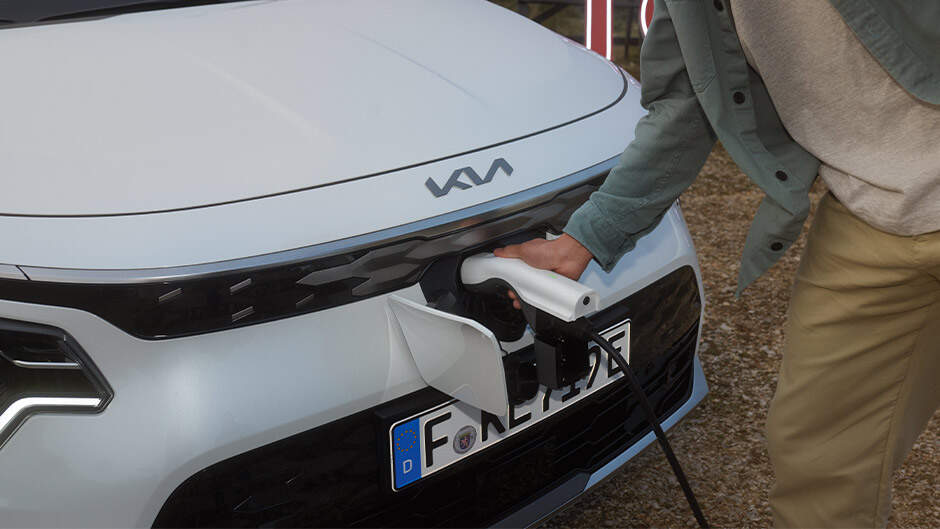
What is the tax relief on electric cars?
In addition to capital allowances, electric cars aren’t required to pay a road tax rate (also known as Vehicle Excise Duty or VED). Because the road tax for electric cars is free compared to traditional petrol or diesel vehicles, this further enhances the financial benefits for businesses investing in electric vehicles.
This will change when new VED rules
are introduced by the UK government on 1 April 2025. EV owners will be required to pay road tax, with the standard rate likely to increase to around £190 per year, similar to conventional vehicles.
Despite this change, electric cars will continue to be a cost-effective choice for businesses due to lower running costs and potential exemptions from congestion charges in city centres.
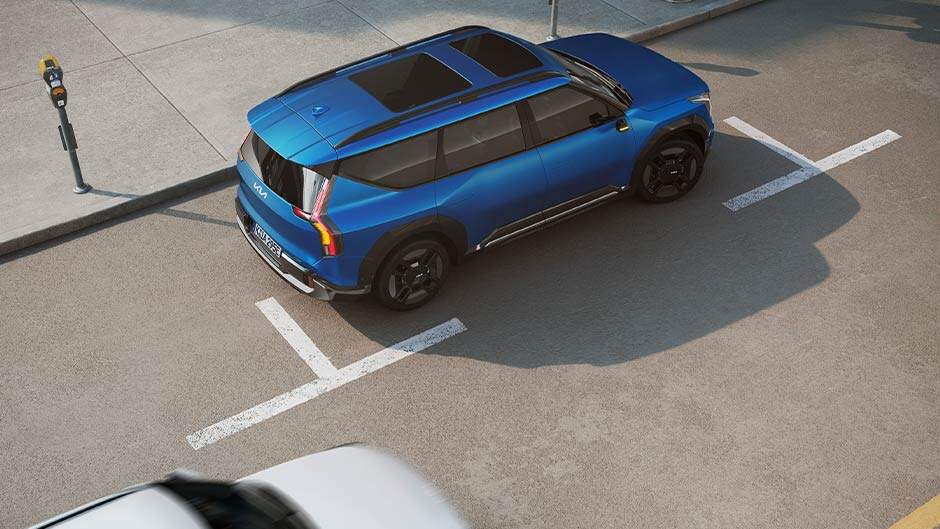
Can I Buy an Electric Car Through My Company?
Employees can purchase electric cars through their company and take full advantage of the available tax benefits.
By doing so, businesses can claim the capital allowance on the car, reduce their tax liabilities, and enjoy lower operational costs, thanks to fuel savings and electric cars being exempt from paying road tax.
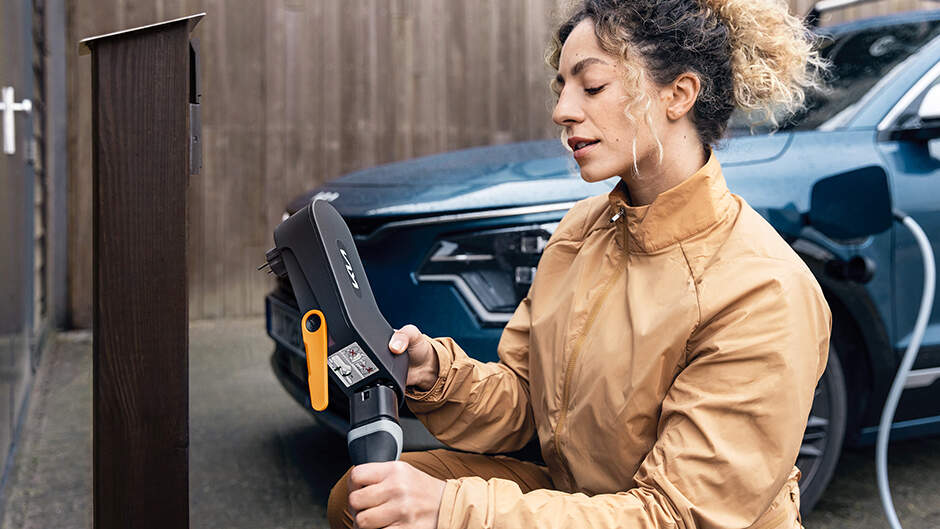
Purchase Options and Financial Packages
At Kia, we understand that every business has unique financial needs. That's why we provide flexible purchasing plans to help you succeed, with our options including leasing
and financing packages
. These allow businesses to invest smartly in electric vehicles by spreading the cost over time while still benefiting from the available capital allowances.
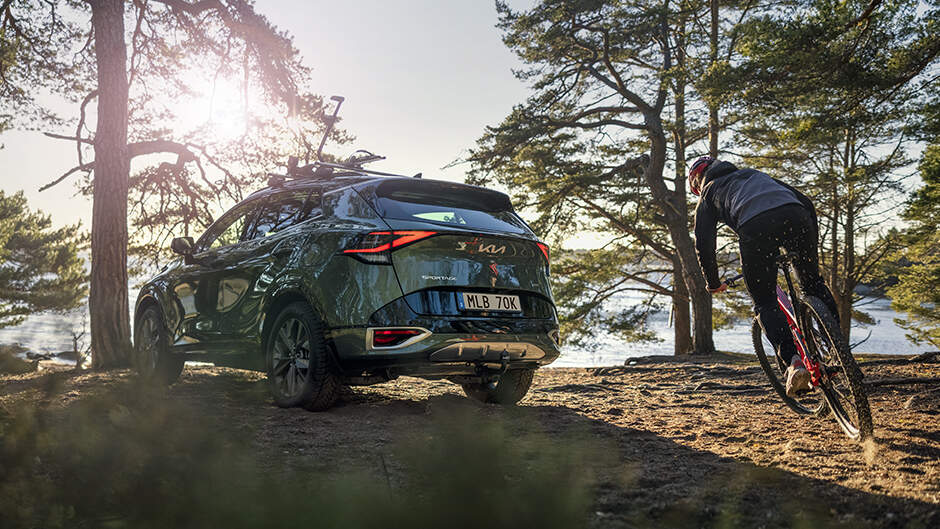
Images shown are for illustration purposes only and may not be to full UK specification. Features shown are not standard across the Kia model range and availability will vary dependant on model. For further details please refer to the individual model specification sheets.
Product availability varies by models. To find out which products are available for your vehicle, please contact your Kia dealer.

